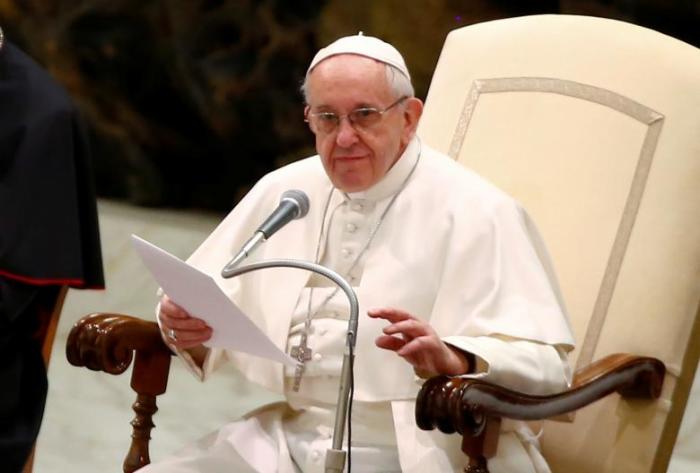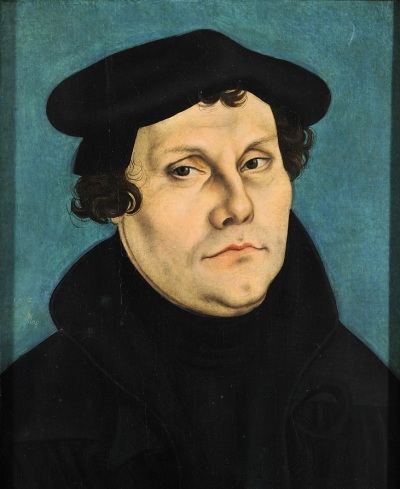Reformed Church Body Signs Declaration on Justification to 'Overcome Divisions' With Catholic Church

A worldwide coalition of Reformed churches representing approximately 80 million Christians has signed onto an ecumenical statement with the Roman Catholic Church to "overcome divisions" from the time of the Protestant Reformation.
The World Communion of Reformed Churches signed a "Joint Declaration on the Doctrine of Justification" with Catholic, Lutheran, and Methodist leaders last week at a church in Wittenberg, Germany. According to a WCRC press release, "The declaration stated that mutual condemnations pronounced by the two sides during the Reformation do not apply to their current teaching on justification."

According to the agreement, which was originally signed by the Catholic Church and the Lutheran World Federation on October 31, 1999, Catholics and Protestants "are now able to articulate a common understanding of our justification by God's grace through faith in Christ."
"It does not cover all that either church teaches about justification; it does encompass a consensus on basic truths of the doctrine of justification and shows that the remaining differences in its explication are no longer the occasion for doctrinal condemnations," states the Joint Declaration in part.
The declaration defines justification as "the forgiveness of sins, ... liberation from the dominating power of sin and death (Rom 5:12-21) and from the curse of the law (Gal 3:10-14). It is acceptance into communion with God: already now, but then fully in God's coming kingdom (Rom 5:1f). It unites with Christ and with his death and resurrection (Rom 6:5). It occurs in the reception of the Holy Spirit in baptism and incorporation into the one body ... All this is from God alone, for Christ's sake, by grace, through faith in "the gospel of God's Son" (Rom 1:1-3)."
It also states that since the justified "fall into sin ... they must constantly hear God's promises anew, confess their sins (1 Jn 1:9), participate in Christ's body and blood, and be exhorted to live righteously in accord with the will of God."
"That is why the Apostle says to the justified: 'Work out your own salvation with fear and trembling; for it is God who is at work in you, enabling you both to will and to work for his good pleasure' ... But the good news remains: 'there is now no condemnation for those who are in Christ Jesus' (Rom 8:1), and in whom Christ lives (Gal 2:20). Christ's 'act of righteousness leads to justification and life for all' (Rom 5:18)."
According to the WCRC, "The congregation at Wittenberg's Stadtkirche (Town Church), broke into spontaneous applause as WCRC General Secretary Chris Ferguson and Catholic, Lutheran and Methodist representatives signed a statement confirming the WCRC's association with the joint declaration."
WCRC President Jerry Pillay said in a statement that the signing of the ecumenical agreement was "a historic day," describing it as "significant and symbolic of the road we are to travel."
The WCRC was founded in 2010 in Grand Rapids, Michigan, with the merger of the World Alliance of Reformed Churches and the Reformed Ecumenical Council.
Catholic Bishop Brian Farrell, secretary of the Pontifical Council for Promoting Christian Unity, was part of the delegation sent to Wittenberg for last week's ceremony.
Bishop Farrell told Vatican Radio that the Catholic Church and the Protestant denominations had reached a mutual understanding on the Doctrine of Justification that "we are saved by grace, but that that requires that we show our changed relationship to God in good works."
"Catholics and most of the historical Protestant Churches now agree on the essence of justification, so we have a much stronger basis on which to build our spiritual and ecclesial relationship," added Farrell.




























